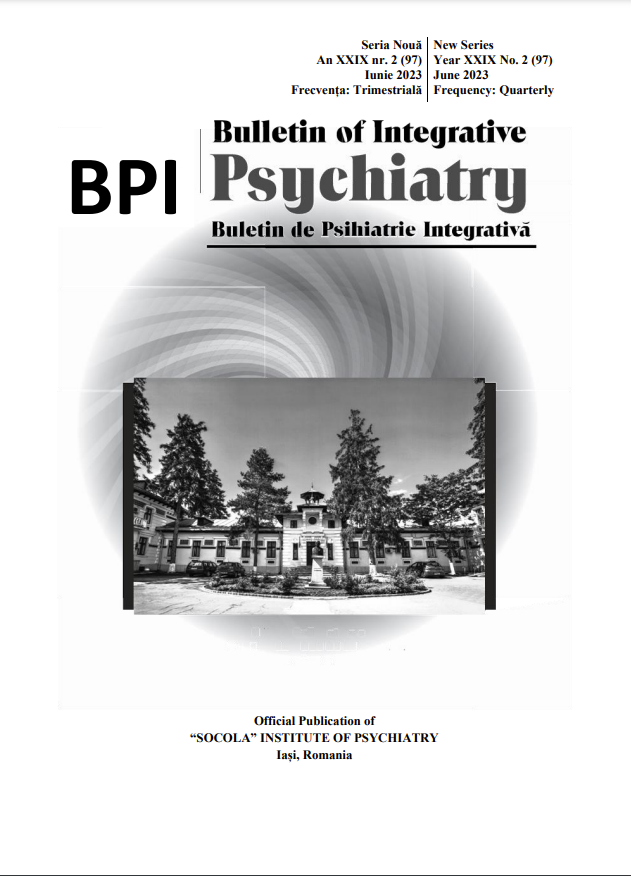Mini-review on the chronic stress paradigm in neuropsychiatry research–perspectives and controversies
Mini-review on the chronic stress paradigm in neuropsychiatry research–perspectives and controversies
Author(s): Ioana-Miruna Balmus, Alin Ciobîcă, Radu Lefter, Dragoș – Lucian GorganSubject(s): Individual Psychology, Neuropsychology, Psychology of Self, Health and medicine and law
Published by: Editura Sedcom Libris Iasi
Keywords: Chronic stress; homotypic stress stimuli; heterotypic stress stimuli; neuropsychiatric disorders; anxiety; depression; cognitive impairment; gut-brain axis; stress axis;
Summary/Abstract: Stress generally indicates any change of an exogenous or endogenous nature that can exert negative effects on the individual. While some recent studies showed that acute stress might actually be beneficial for the cognitive functions, chronic stress was found to be implicated in neuropsychiatric, cardiovascular, digestive, metabolic, endocrine, and malignant disorders development. Moreover, it was recently suggested that chronic stress exposure in animal models could successfully induce behavioural and molecular impairments described in the aforementioned disorders. Zebrafish (Danio rerio) models are nowadays gaining more attention due to their advantages, as well as their complete neurobehavioral, biochemical, and genetic description, great similarity to human. In this context, the aim of this mini review is to describe and to identify possible interdisciplinary applications of the neurobehavioral and biochemical changes induced by chronic stress exposure in zebrafish.
Journal: Buletin de Psihiatrie Integrativa
- Issue Year: 97/2023
- Issue No: 2
- Page Range: 39-44
- Page Count: 6
- Language: English

